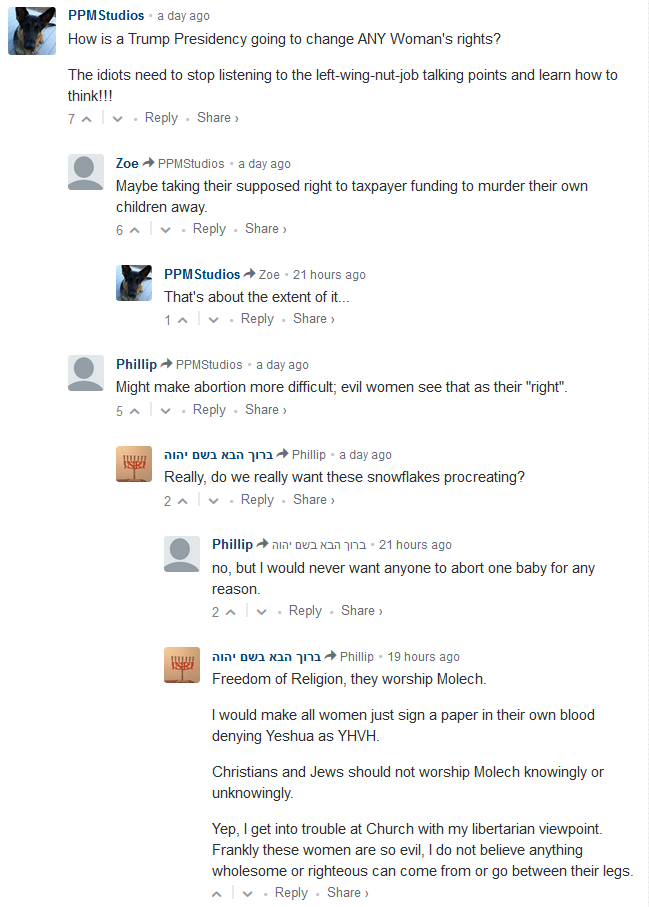Oh my God, Sean Spicer. Between the bizarrely one-sided fight against Dippin’ Dots, the fact that nearly all of his daily sugar intake occurs before noon and comes from chewing gum and the public Venmo account which he uses primarily to pay people back for M&M’s, he’s pretty America’s awkward little brother. And he speaks for the President of the United States. Honestly, if there was a single ounce of him that wasn’t complete dick we’d all be in love with the guy. There’d be Tumblrs devoted to pictures of him and a popular meme would circulate about how great it would be to take his virginity.
Talmadge Burnham, a man whose name made as much sense as the short, declarative pronouncements he was fond of uttering, peeked out from over the edge of his desk, which he was half-crouching under after hearing a bomb go off somewhere inside the High Palisades. Bureaucrats and administrators were running frantically, occasionally brushed brusquely out of the way by slower, more purposefully moving security forces. In the rushing pell mell, Burnham spotted a familiar, if unfriendly face. “General Onrel, General Onrel! What is going on?” The air around Burnham’s mouth turned momentarily shimmered with color and the edges and corners of the tapestries that hung on his wall fluttered. His powers were blunt and obvious under the best of circumstances. Now that he was panicking they were virtually pouring out of him uncontrolled.
Onrel stopped on a dime, pivoted on his heels and looked into confusionmancer’s office. Talmadge saw the man had a look on his face of pure, premeditated intent which, once the general’s eyes landed on him, changed to one of angry surprise. Without saying a word, General Onrel pointed his sidearm into the chaos-shaper’s office and fired two bullets, both well over Burnham’s head but still sent him completely under his desk none the less.
When he emerged again the General was long gone but the sense of ruinous calamity that pervaded the building had only increased. Burnham turned and, looking out one of his windows, saw angry mobs storming over the High Palisades’ protective walls and swarming up it’s defensive trenches. “No, no, no.” At his words the window fogged up and bowed slightly outward from its frame as though it were cellophane with a bit of slack.
He turned again, out another window he saw guards shooting wildly into crowds of people, halting a few, but never enough of them to avoid being wrestled down to the ground by the mass of bodies propelling towards the High Palisades’ doors, which would hold but not forever.
“This isn’t happening. This isn’t happening.” Abruptly the battle outside Talmadge’s office ended, the rioters and the soldiers danced with each other and flowers bloomed from the churned earth where they pirouetted. Without warning the window exploded, shards of glass nicking at Burnham’s soft skin and a rock the sized of a grown man’s fist impacting against his shin. Through the shattered pane he could see someone with a bandana over their face, their eyes boring into his. The intruder ran off, pushed on by the mob.
Burnham spun to the other window again. “This can’t be. No.” A sickly mixture of blood and mucous spilled in rivulets from the twin bullet holes notched in the wall between the windows.
He spun to his open office door. “No, please. No. No.”
He spun to the intact window. “No.”
He spun to the broken window. “Oh, God.” He spun again to the door. “Help me, please.”
He spun and spun and spun and when the spinning stopped the man was gone.














